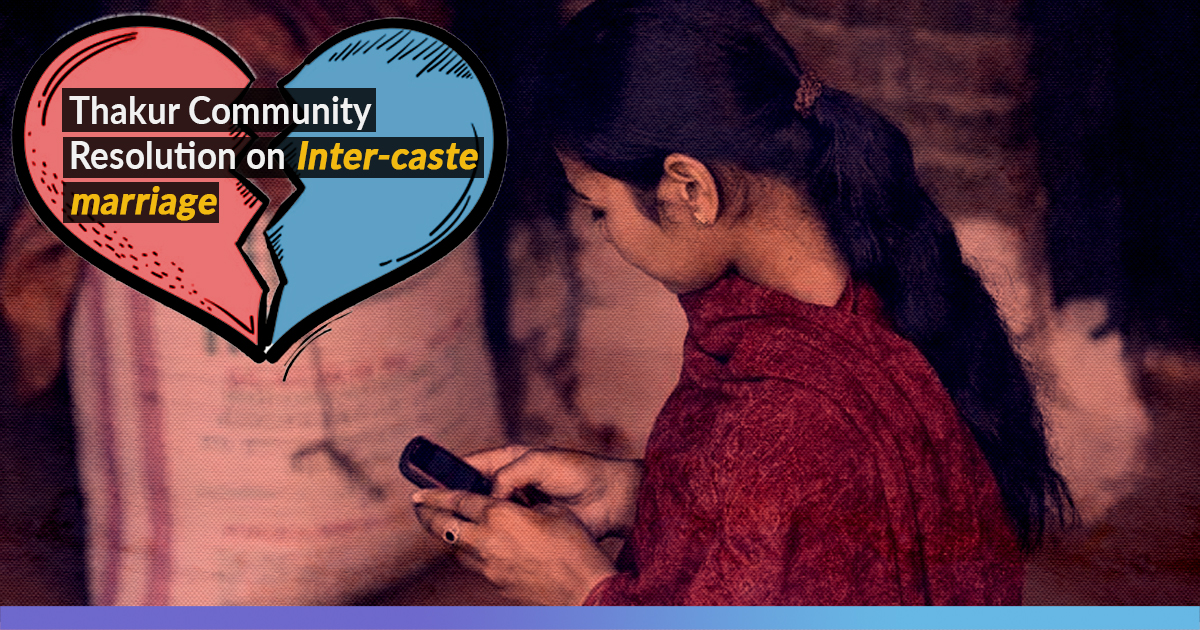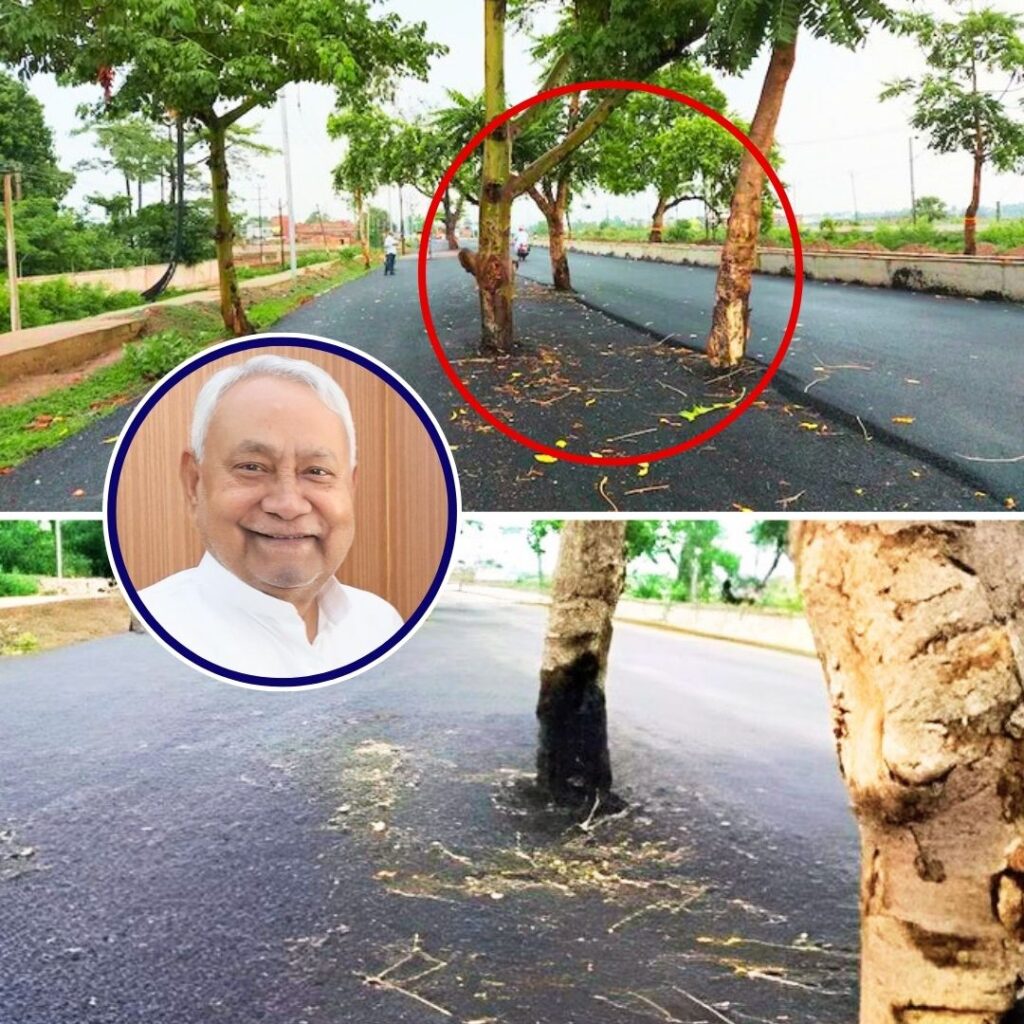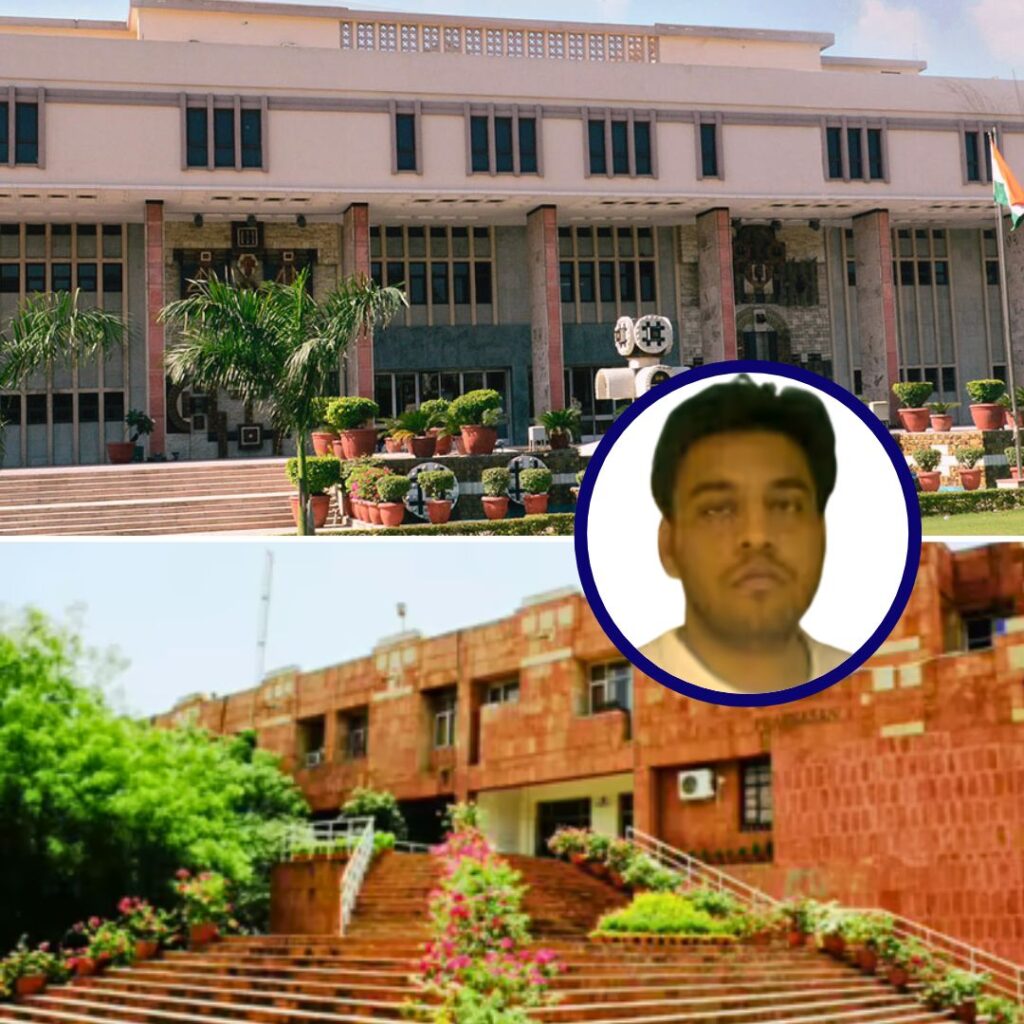In 12 villages of Dantewada taluka in Banaskantha district, Gujarat, a resolution has been adopted by the Thakor community, prohibiting unmarried girls from using mobile phones and banning inter-caste marriages.
Further, penalties have been laid down for families in which inter-caste marriages take place. If a Thakor boy falls in love with and marries a girl from another community, the family will have to pay a fine of Rs 2 lakh. If a Thakor girl marries a boy from another community, the fine is Rs 1.5 lakh.
Nine-Point Resolution
A meeting of nearly 800 Thakor leaders was held on July 14 at Jegol village, including community and mohalla representatives and youths from the 12 villages. There, a nine-point resolution was passed with everyone being ordered to abide by it. The resolution said that anyone failing to abide by the rules will be considered an offender and punished by the community. According to the diktat, no unmarried girl will be allowed to use mobile phones, and if anyone of them is found with the device, their parents will be held responsible.
According to the community, if unmarried girls are not allowed to use mobile phones, it will help them “focus more on studies rather than waste time on mobile phones”.
“The community will offer tablets and laptops so that they can study better,” India Today quoted Suresh Thakor, a community leader from Dantiwada, as saying.
Other decisions included banning “unnecessary” expenditure on wedding ceremonies by ensuring that the use of DJ, firecrackers, and elaborate processions is stopped.
“The money saved from the practice will be used for the education of community members,” Suresh Thakor said.
The ban on inter-caste marriage as well as mobile phones are supported by Congress MLA from Vav constituency, Geniben Nagaji, who belongs to the Thakor community. According to her, it would put a stop to such “incidents”.
“This will automatically control boys. Since girls are easily controlled because they stay with parents, it is right to ban (mobile phone use among) girls,” The Indian Express quoted her as saying.
The Logical Indian Take
Discrimination against women and girls has remained a pervasive, long-running phenomenon in India. Patriarchy has characterised Indian society at every level.
A culturally ingrained parental preference for sons has only led to poorer consequences for daughters.
The Thakor community’s excuse that cites ‘studies’ as a reason for banning unmarried girls from using mobile phones is just another tactic to push women into the hole that they think women deserve to be in.
As gender disparities in India persist even against the backdrop of economic growth, there is clearly a need for people to change their mindset and realise that women today are capable of holding the highest ranks in the most prestigious industries in the country.
Further, it is time for them to realise that inter-caste marriages are absolutely normal and everyone has the right to fall in love with and live their lives with the man or woman of their choice. What is really essential is an attitudinal shift in people for them to think out of the box and have a broader mind.











